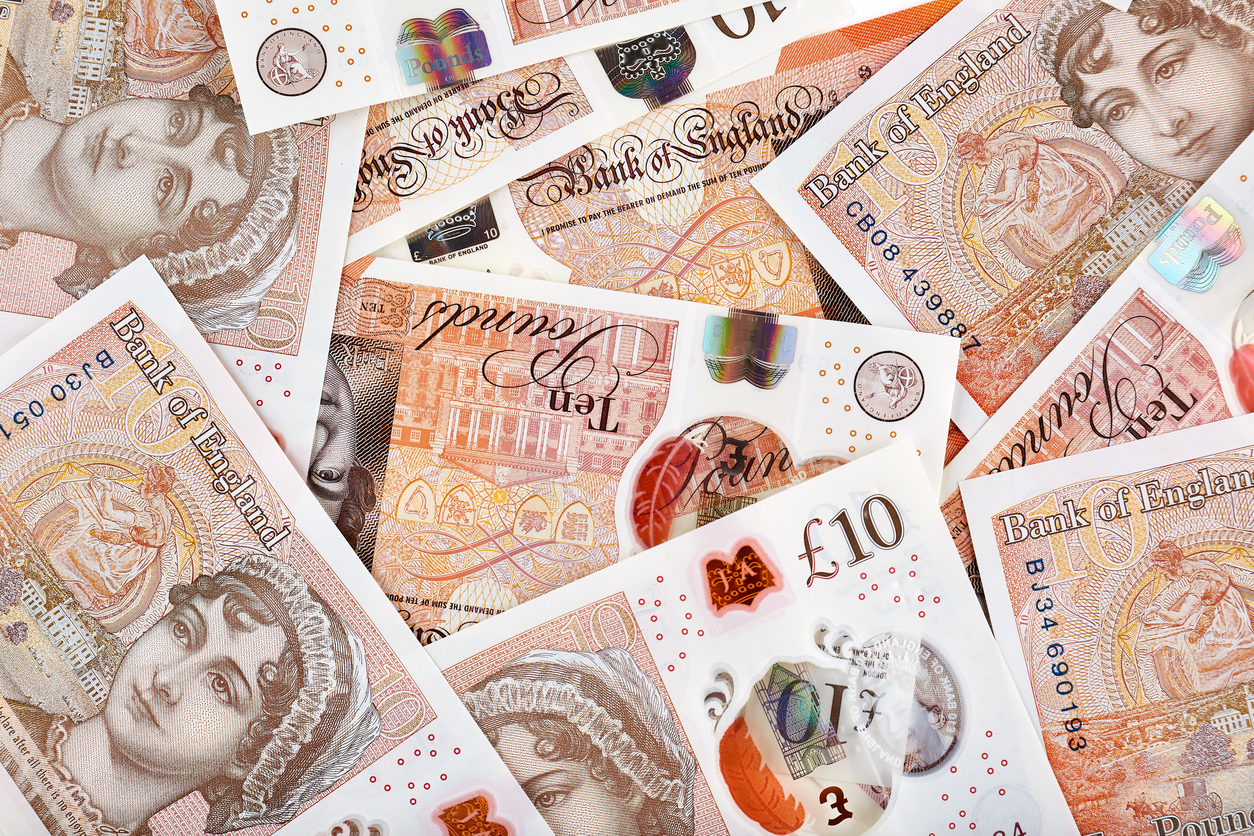In a stunning twist that has gripped the UK media world, DMGT, the powerhouse behind the Daily Mail, has sealed a £500 million agreement to snap up the Daily and Sunday Telegraph. This bold acquisition from RedBird IMI, a venture blending US private equity muscle with UAE backing, finally draws the curtain on a nail-biting saga of ownership limbo that stretched back to 2021. Journalists at the Telegraph, who have weathered endless uncertainty and morale dips, can now breathe easier as stability dawns on their horizon.
The Barclay family's debts cleared by RedBird IMI back then sparked hope, but stalled talks left the newsroom in flux and staff hearts heavy with doubt. DMGT chairman Lord Rothermere stepped in with a promise of fresh energy. He called the move a chance to inject "much-needed certainty" into the Telegraph's operations. Rothermere's words carried real weight, evoking a quiet thrill for those who've poured their passion into deadline-driven stories amid the chaos.
The End of an Era, The Dawn of a Giant
This deal fuses two titans of British journalism, each with a legacy that pulses through national conversations. The Telegraph, revered for its incisive broadsheet voice, joins DMGT's vibrant lineup that already boasts the Daily Mail, Mail on Sunday, i Paper, Metro, and New Scientist. Together, they form a colossal portfolio reaching millions daily, from bustling commutes to cozy evening reads.
Imagine the buzz in boardrooms as executives eye the windfall. Analysts see this merger turbocharging digital subscriptions and print ads, potentially unlocking tens of millions in yearly revenue. Chris Evans, the Telegraph's editor, stands to gain beefed-up resources for gritty investigations and bold reporting that readers crave. DMGT's global savvy could propel the Telegraph's appeal across the Atlantic, where savvy US audiences snap up premium UK insights like hotcakes.
It's a heartfelt win for the humans in the trenches too. Staff who've dodged rumors and restructures now face a future laced with investment and innovation. Rothermere himself highlighted the Telegraph's role in fueling debates for generations, vowing to safeguard its editorial fire while weaving in DMGT's worldwide know-how. This isn't just ink on paper, it's a lifeline for storytellers who thrive on truth-telling.

DMGT, the publisher behind the Daily Mail, has agreed to acquire the Daily Telegraph for £500m, expanding its media empire.
Facing the Regulators: A Test of Balance in British Media
No blockbuster merger sails unchallenged, and this one lands squarely in the sights of Culture Secretary Lisa Nandy. She'll pore over the details through the lens of foreign sway and public good, ensuring the UK's media stays a lively chorus rather than a solo act. Echoing broader worries about power concentration, Dame Caroline Dineage, head of the House of Commons Culture, Media and Sport Committee, stressed the need to end the Telegraph's drift without tipping the scales too far.
RedBird IMI's earlier outright bid crumbled under scrutiny over state-linked funds and staff outcry, a reminder of how fiercely guardians protect press freedom. DMGT's path, free of such entanglements, aligns neatly with UK rules and sidesteps those pitfalls. According to analysis reviewed by Finance Monthly, this cleaner structure boosts the odds of swift green lights, letting the focus shift back to content that captivates.
Yet the stakes feel personal here. In an age where trust in news hangs by a thread, regulators walk a tightrope between consolidation's efficiencies and the raw diversity that keeps democracy humming. Dineage's call for equilibrium resonates deeply, a nod to the everyday reader who relies on varied voices to cut through the noise.
The Financial Fireworks: Synergies Set to Ignite Lasting Growth
At its core, this acquisition thrives on a smart business secret called synergies, the magic that happens when two companies team up to earn more and spend less than they could flying solo. Think of it as shared superpowers: pooling ad sales teams to pitch bigger deals, cross-promoting stories to hook more subscribers, or blending tech platforms to slash duplicate costs. For everyday folks tuning into news over coffee, these aren't dry terms, they're the engine driving richer journalism without jacking up your bill.
Claire Enders, a sharp-eyed media analyst who's tracked this industry's twists for years, nailed it with raw optimism. She called the pairing "industrial logic" and pegged the yearly operational synergies at £40 million to £50 million if all clicks into place. That figure hits home, especially against the Telegraph's £279 million annual revenue, where print still claims over half the pie despite digital's rise. It's a potent reminder of how heritage brands like these weather storms by leaning into combined strengths.
Take a real-world glimpse: when two regional papers merged a few years back, they boosted ad income by 15% through joint pitches to national brands, turning overlap into opportunity. Here, DMGT could mirror that on steroids, funneling Telegraph's upscale readers into MailOnline's vast digital web, which draws over 100 million monthly visitors. This isn't pie-in-the-sky, it's grounded strategy that promises not just survival, but a bolder era of reporting. For investors and readers alike, it's the thrill of watching old guards evolve into unstoppable forces, all while keeping the news you love fresh and fearless.

The £500m acquisition of the Daily Telegraph by DMGT underscores the massive financial stakes in the UK media market.
What Readers Really Want to Know
How Will This Shake Up the Choices for UK News Lovers?
This merger could streamline your morning scroll by blending the Telegraph's thoughtful analysis with the Daily Mail's punchy headlines, creating a one-stop hub for diverse takes. Yet it sparks valid fears over echo chambers, so watch for Nandy's review to enforce safeguards like independent oversight. In the end, it might mean more innovative apps and podcasts tailored to your tastes, drawing in younger eyes without diluting the depth that loyalists cherish. The real gift? A media scene that's resilient, funding the investigative scoops that uncover truths we all need.
Does This Mean Higher Prices for Newspapers and Subscriptions?
Not immediately, but keep an eye on the horizon as synergies free up cash for growth plays. DMGT has hinted at heavy investments in content, which could stabilize or even sweeten deals for bundled subs across their titles. Historically, such combos have held prices steady to retain readers, avoiding backlash in a cost-pinched world. For you, the consumer, this might translate to value-packed options like ad-free access or exclusive events, making your £10 monthly feel like a steal amid rising living squeezes.
What's the Bigger Ripple for Jobs in British Journalism?
Relief washes over the Telegraph's 500-plus staff with promises of resources to fuel ambitious projects, easing the anxiety that's shadowed newsrooms for years. Broader industry tremors might see some overlap trims, but DMGT's track record suggests redeployment over cuts, channeling talent into digital frontiers. It's a bittersweet chapter, honoring print's soul while embracing online's roar, ultimately fortifying careers in a field that's fought for relevance. For aspiring reporters, this signals opportunity in a consolidated yet creative landscape.














